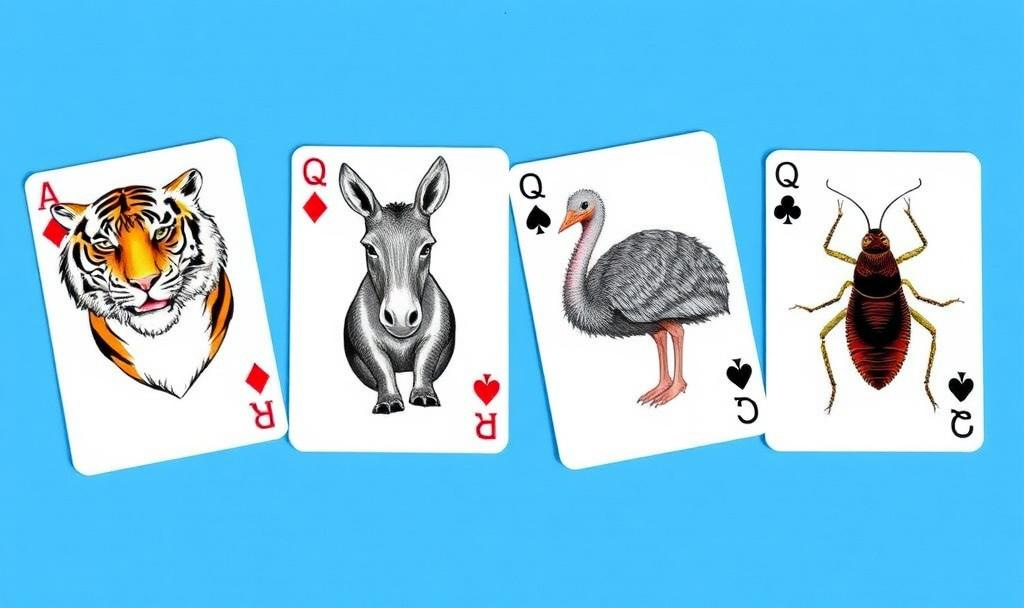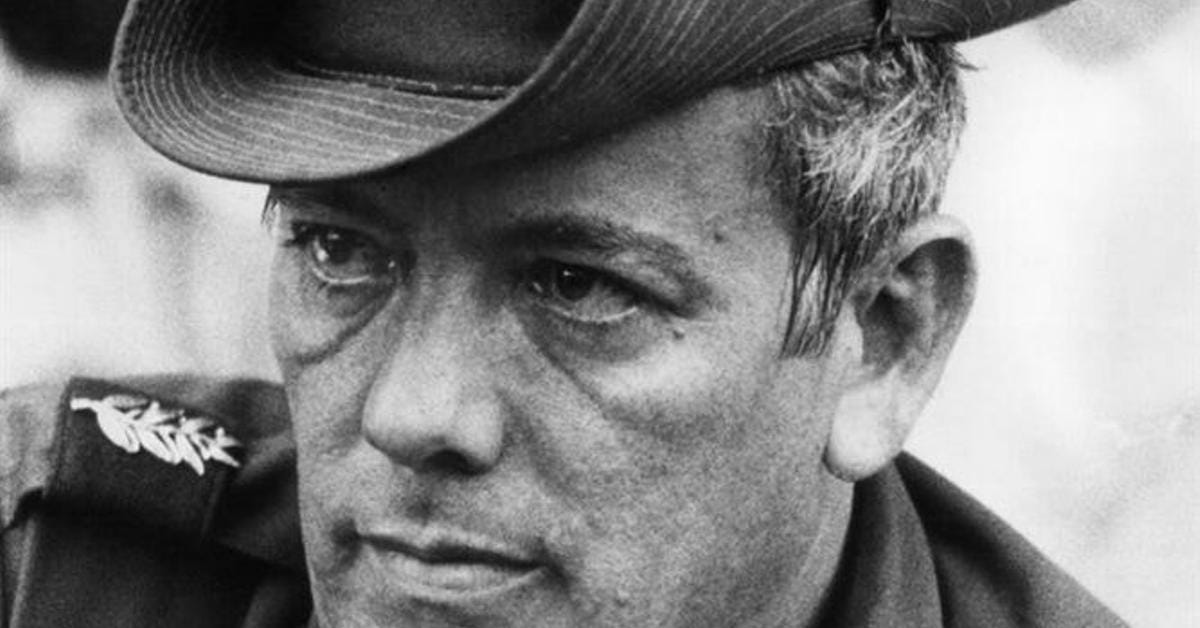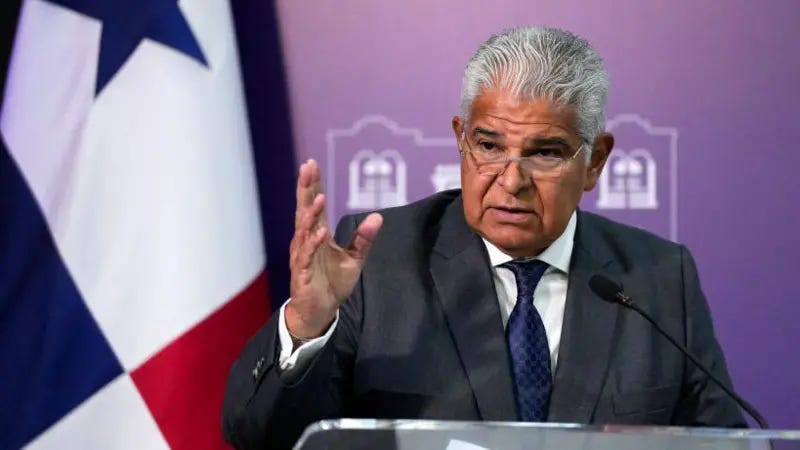Over the last three months my girlfriend has endured countless monologues on Panamanian politics, so she was no doubt thrilled last week when I insisted we watch a new two-hour Spanish language documentary about the negotiations of the 1977 Panama Canal Treaties.
She had a lot of smart questions about El Hijo de Tigre y Mula, so it’s a little unfair to highlight the comment she made when Omar Torrijos swaggered into shot, his hair slicked-back, puffing on a cigar.
“He’s pretty hot for a dictator,” she said.
Say what you like about Omar Torrijos - and the (emotive, well-made) documentary studiously omits his many misdemeanors - but the guy had style. It seems that half the movie he’s diving into rivers, dressed in full military fatigues and surrounded by awestruck indigenous children. The other half he’s going toe-to-toe with world leaders in the snappiest of three-piece-suits. Gabriel García Márquez described him as having the courage of a tiger and the stubbornness of a mule, the root of the documentary’s title.
In the film, Torrijos is a canny operator, berating his representatives in Washington for “looking too happy” with their early successes and thus weakening their negotiating position. He jumps on jets to get the support of world leaders and (this was news to me) John Wayne. He threatens to sabotage the Canal should things not go his way.
He wins the respect of the Americans. At the 1999 handover of the Canal Jimmy Carter wipes a tear from his eye when he remembers his late friend, Omar Torrijos.
After watching footage of this sepia-tinted cross between Humphrey Bogart and Che Guevara, any patriotic Panamanian emerging from the cinema into the humid night will surely pause to consider the contrast with the country’s current leadership.
José Raúl Mulino, an avuncular, bejowled fellow in a baggy blazer, has none of Torrijos’ charisma and chutzpah. As I wrote for The Economist, he’s come in for a lot of domestic criticism for making concessions to the US - on migration, Canal water management and Chinese ownership of ports - which appear to have emboldened, rather than subdued, President Donald Trump’s threats to “retake” the Canal. Two thirds of his citizens think he’s doing a bad job.
So is it time for Mulino to ride the rising tide of anti-gringo feeling, spark up a Cohiba and go The Full Omar?
In short, no. That would be a terrible idea.
Let’s not forget that Torrijos was dealing with a three presidents - Nixon, Ford, Carter - who had reached the conclusion that the Canal was becoming obsolete as a military installation and losing relevance commercially. It was only efficient Panamanian ownership and globalization this century that converted it into a key trade node.
Trump is temperamentally different from the aforementioned presidents and, in case you missed the news this week, free-trade is thing of the past. Now US commercial policy is about controlling “choke-points.” Torrijos had the wind in his sails, Mulino in his face (and he can’t threaten to blow up the canal, either).
Nor can he count on the backing of the international community. Most countries want to renegotiate their “reciprocal” tariffs, not anger Trump further. Forget Latino solidarity in a politically divided continent. Venezuela’s Nicolas Maduro apparently doesn’t know Mulino’s name, just that he’s a “disgusting old man” who lacks the “balls” to defend the Canal.
Most likely, Panama’s future foreign relations will be decided in a forthcoming conversation between Trump and Xi Jinping about tariffs, Taiwan and TikTok. China’s blocking of the sale of the two Hong Kong owned ports near the Canal will likely be used as leverage in that discussion. “Panama is a cockroach at an elephant dance” according to one political analyst.
So while I think it might be a good idea for Panama to reach out to fellow aggrieved countries such as Canada, and Denmark, and while it might have been a good idea for Mulino to talk to Trump directly and do his best Claudia Sheinbaum impression, I’m not sure the benefits outweigh the risks of becoming the next Zelensky.
So far the government’s strategy has been that of the ostrich, avoiding saying anything that antagonizes Trump in the hope he gets distracted by other events. Back in February I was close to getting an opinion piece from Mulino to be published in The Economist, but it was nixed (I’m told) at the eleventh hour. I get it. I’m not sure the sympathetic tutting of Economist readers would be worth a potential Trump-enraging headline on Fox News.
Mulino is in a weak position domestically and internationally, but he does have a slither of hope. “Liberation Day” has given Trump the mother of all distractions and so far Panama has avoided punitive tariffs or the mass cancellation of rabiblancos US visas.
Meanwhile, US pressure has conveniently focused minds to approve a number of key investment projects: a $1.6bn dam to provide water to the Canal, a new gas pipeline across the isthmus, a train to the border with Costa Rica. US firms must be favorites to win the tenders. That might give Trump his “win” and, with Chinese projects stalled, a shot of FDI could come in handy.
If the sale of the ports goes through, Mulino says the concessions can be amended in the country’s favor. Perhaps there’s a way the reopening of the mine gets tied into the Panama-US deal in such a way that its the gringos who shoulder the outcry. Maybe the anticipated increase in US military presence can be massaged in such a way as to avoid fragrantly breaking the neutrality treaty or humiliating the local population.
Alternatively, China could sue the nation of Panama for expropriating the ports, anti-mine protesters could shut down the country and Mulino could be impeached for allowing the establishment of a US base.
With the stakes for the country and himself so high, it’s unsurprising that the Panamanian president appears to be betting the farm on the former scenario. Torrijos would no doubt be appalled but for Mulino this is about survival, and in such games cockroaches have the edge on tigers and mules.







Great commentary!
The documentary is worth watching and I want to thank you for showing it to me!
Torrijos was a character. He had a personality designed to appeal to American conservatives (circa 1970) and he knew it. John Wayne loved him. So did William F. Buckley. All this despite the Líder Máximo having politics somewhere around Che Guevara, only without the bowing down to Moscow five times a day.
If you really want to get depressed over the state of the world, though, watch the debate between William F. Buckley and Ronald Reagan over the Panama Canal. It lasted two hours and it was, well, polite and intelligent. With George Will supporting the treaties and John McCain's father against.
https://www.youtube.com/watch?v=CZO1bFaRNtk
It opens with a paean to the First Amendment.